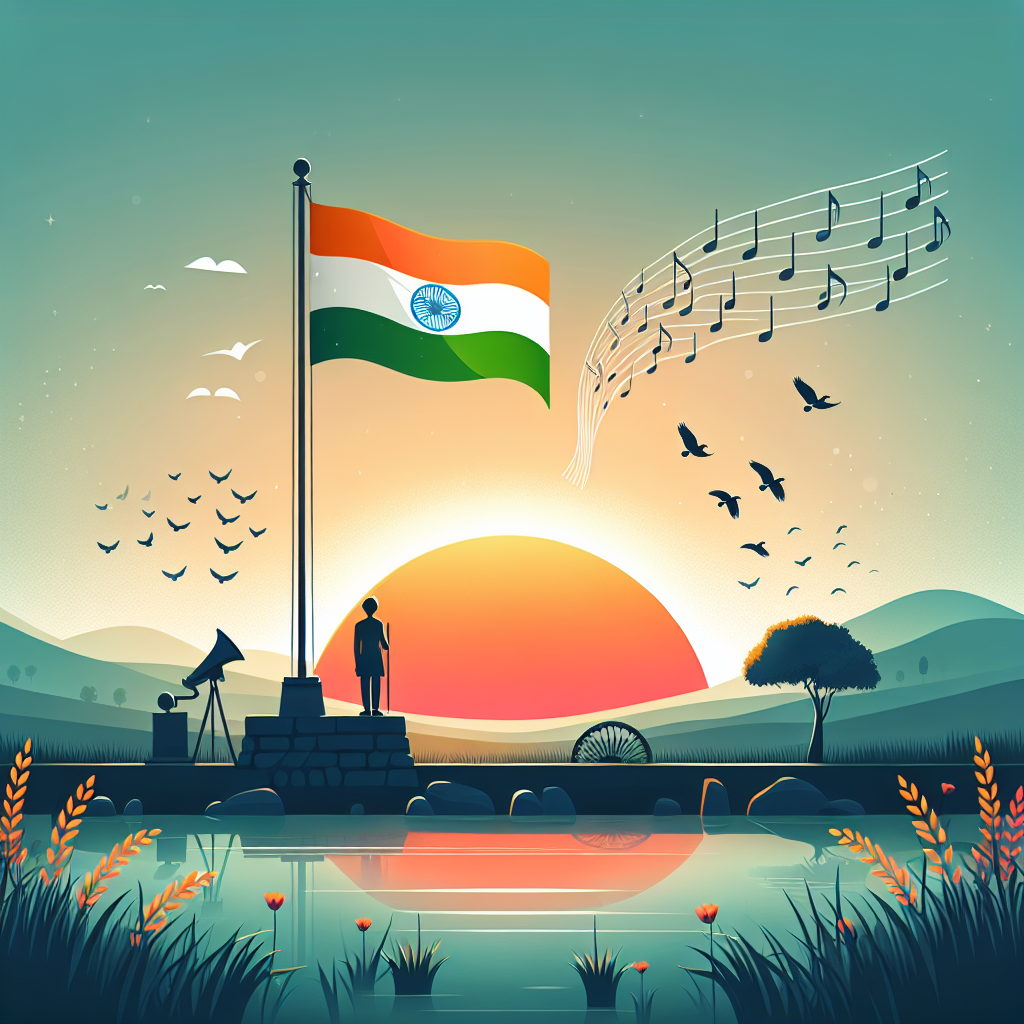Vande Mataram: The Controversy That Won't Die
Vande Mataram, India's national song, has sparked heated debates over its perceived secularism and anti-Islamic nature. Prime Minister Modi recently pointed to its divisive history. Originally written by Bankim Chandra Chatterjee in 1875, the song has been at the center of political controversy since its association with the freedom struggle.

- Country:
- India
In the annals of Indian history, few songs have inspired as much passion and controversy as "Vande Mataram." From its creation in 1875 by Bengali novelist Bankim Chandra Chatterjee as an ode to the motherland, the song has been at the heart of heated debates over its secular or anti-Islamic undertones.
Recently, Prime Minister Narendra Modi claimed that the expulsion of key stanzas in 1937 sowed divisive seeds leading to partition. His remarks came during a ceremony marking the 150th anniversary of the song. Since its first political rendition at the 1896 Indian National Congress session, "Vande Mataram" has been entwined with nationalism and freedom movements.
Across decades, criticism, particularly from the Muslim community, has persisted. In 2009, a fatwa advised against singing it, citing conflicts with monotheism. Despite these controversies, national figures and artists have spoken against viewing it as a test of patriotism.
ALSO READ
-
Bridging Continents: India-New Zealand Business Forum Sparks Economic Collaboration
-
India's Women Win ODI World Cup, Breaking Broadcast Records
-
Clash of Titans: India Gears Up for ISSF Shooting World Championships
-
India Revamps Consumer Protection Act: Innovations and Timely Justice in Focus
-
India Calls Out Pakistan's 'Clandestine' Nuclear Activities Amid Trump's Testing Plans









